
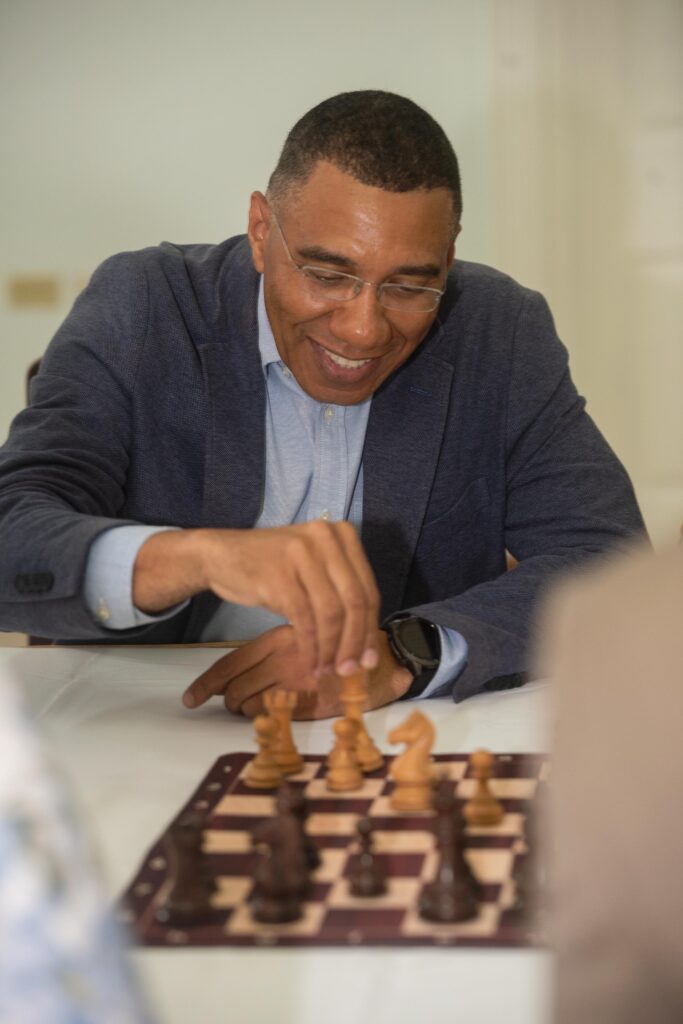
The matter surrounding Prime Minister Andrew Holness’s statutory declarations took another turn last week during a Zoom meeting in which I participated, which also involved people from the Caribbean, the United States, United Kingdom and Denmark.
Maybe I was naïve, but I had no idea that the matter of Holness’s statutory declaration and continuing fight with the Integrity Commission had attracted attention in such a way, as some of the participants suggested to me.
“Anyhow, this man was in the UK and he could not be certified, he could not have survived as prime minister”, one of the two British contributors insisted. “He would have had to resign from day one. That is a big issue, but you in Jamaica are taking it lightly.”
“Well,” I interjected, “Holness has taken the matter to court”… which brought a swift retort from an American participant. “It should never have gone there,” he said. “He has not been certified in about three years and he has only gone to court in recent months. Even if he were Donald Trump, he would have been in trouble up here.”

Holness’s challenges seem to be digging deeper than I anticipated, but there is a broader issue at hand: The Government has failed to address the issue of corruption, which seems quite okay to some of the people in Jamaica, but far from that in respect of others in other lands. They pay much more attention to detail than what we in Jamaica care to do.
So, how will the handling of Holness’s statutory declarations pan out with the electorate in later months? For starters, hardly any of the foreigners I know who are critical of the prime minister’s shortcomings have a vote in Jamaica. The other question, though, is do they have the ability or capacity to influence others to go against him when the bell is tolled, or the trumpet is sounded?
It is an extraordinary and historic situation that hardly any of us who follow politics ever anticipated.
Press freedom, big business and greedy politicians
At this time each year, there appears to be so much to say about Jamaica’s ranking on the World Press Freedom Index.
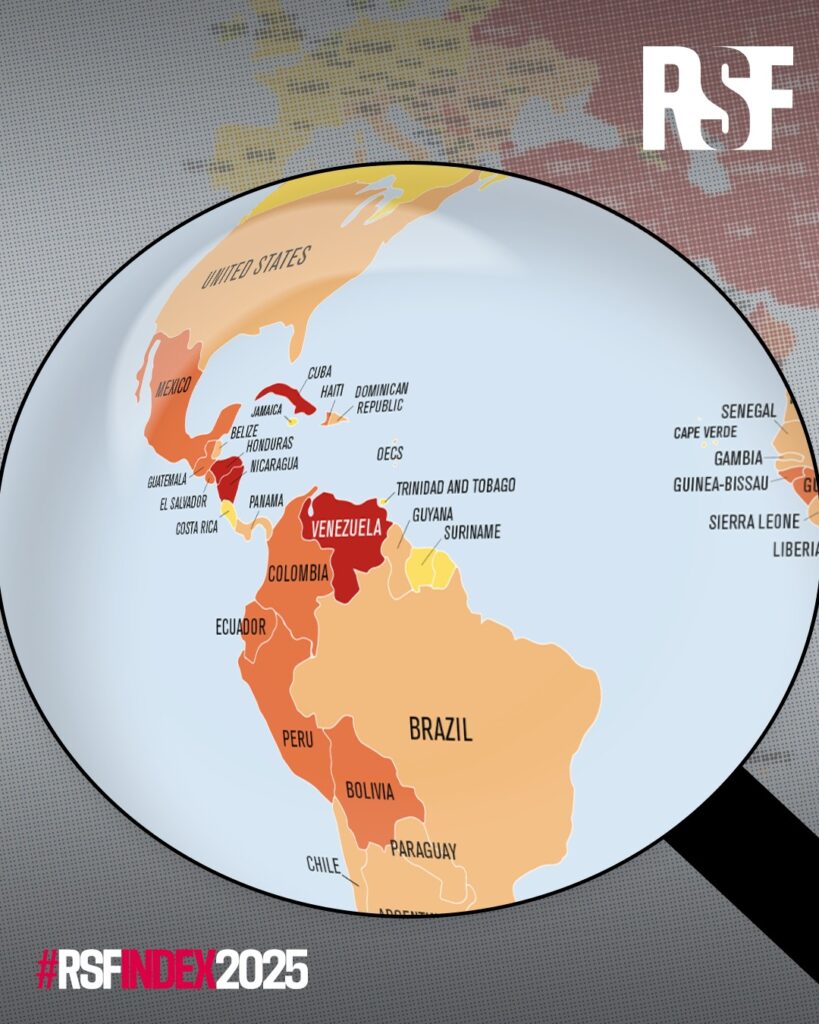
The latest cross-talk surrounds Jamaica’s position, that of 26th, on the list of 181 countries placed under the microscope by watchdog group, Reporters Without Borders.
I even saw Young Jamaica, an affiliate of the ruling Jamaica Labour Party (JLP), issue a statement in which it 100 per cent blamed the Opposition People’s National Party (PNP) for Jamaica’s drop over the last year. It is for that very reason that I am led to conclude that political parties often get too drunk in dealing with the matter at hand.
Say whatever you like, the Jamaican media are influenced (controlled to an extent) in large measure by big business and politics. As one who has been discriminated by not only this Government, in terms of direct interference in the daily newsroom grind, but by certain business leaders whose views on issues are diverse from mine, I know the system well.
Gordon ‘Butch’ Stewart, the now deceased former head of the Jamaica Observer newspaper and a couple of radio stations, defended his media workers to a great extent, especially from this Government, and business leaders who always wanted to have their way.
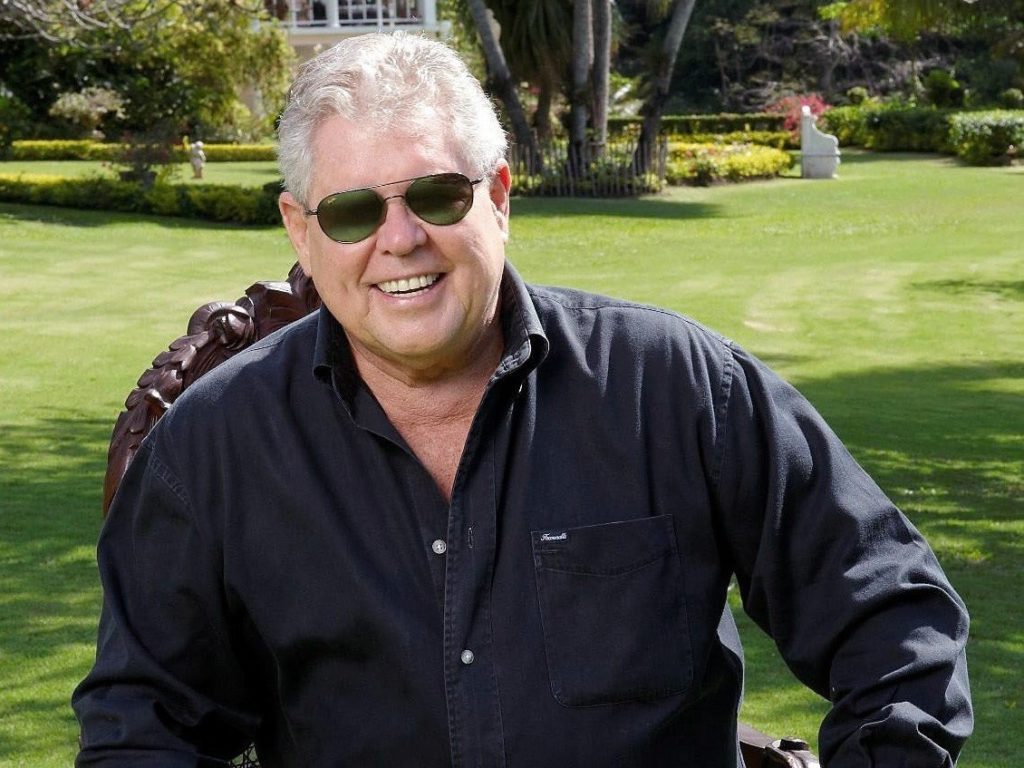
When I wrote a similar column at the Jamaica Observer, you could bet any amount of money that Butch would get at least five calls every Sunday from Government officials or business bosses, complaining about some kind of foolishness. He chased them all, and pointed to the importance of press freedom and the need for opinions to be respected.
Stewart’s death marked something akin to a crawling peg decline in journalism, as others after him, not knowing or respecting the significance of press freedom, responded to every Anancy story from complaining critics. And these leaders would rather act against their own staff, rather than telling those complaining which section of the sea to jump into.
My big surprise is that Jamaica is not ranked over 100 in the annual index, as some of the things that occur in the average Jamaican newsroom, and pressures that media workers are exposed to, are frightening. The public just does not know.
If some reporters ever attempt to investigate certain stories, that would amount to treason in instances.
One day, the real stories will emerge. They would, naturally, produce some of the classiest headlines. A little teaser could be one that involved a hugely senior member of the Government who complained to a certain newspaper leader that the paper kept using a photo of him that made his nose look bigger than it actually was. True to form, that photograph was never used again following the intervention from higher up.
There are many more of those.
Wearing black or blue not the answer
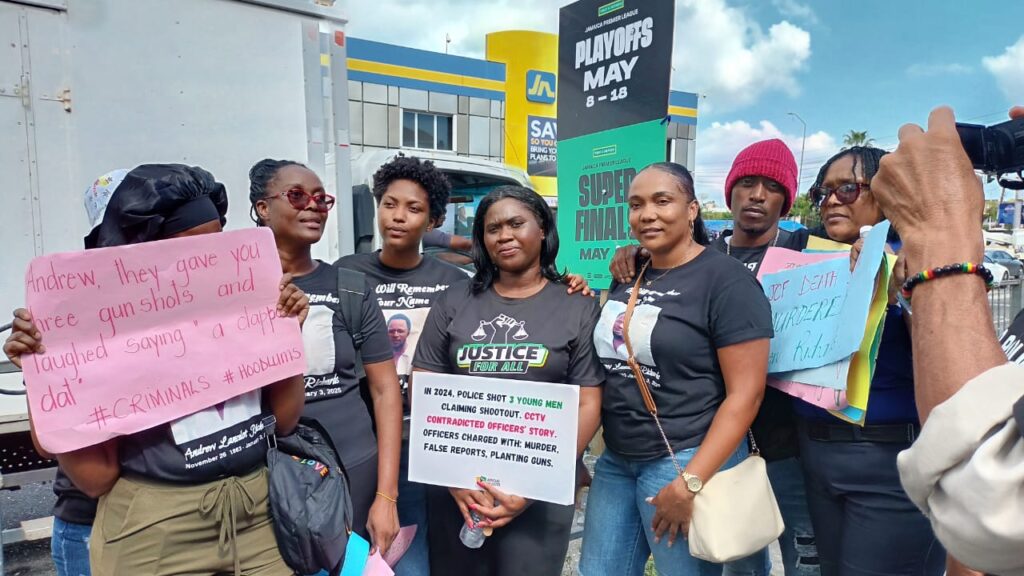
Last week’s decision by Jamaicans for Justice to dress in black in protest over a high level of killings by the police in recent months, and a counter one by those supporting the police who were encouraged to wear blue, were shallow.
The practice of wearing black as a symbol of protest, is vulgar and disrespectful to the people whom the shade represents. The message being sent is that nothing black is good, and it is one that must first be corrected by black people, the majority of whom in this country are Jamaicans.
As for the wearing of blue, a call by divisive and tribalistic Senator Marlon Morgan, that too made no sense. Worse, the prime minister and his deputy, Dr Horace Chang, the minister of national security, joined the queue. They should never have done so. For the signal they sent was that the protesters on the other side had no case to look at, while the actions of those on the other side were perfect.
We must all be relieved that murders, according to the police, have fallen since the start of the year. I’m not sure that the police ought to have taken credit for it, but at the same time, killings by cops are not normal. My support for the police is unquestioned, but they also make mistakes, and at least 10 per cent of the time, the wrong target is hit.

So, in the end, we must all stand up for fairness and justice, not get into a fight to see which colour scheme will eventually win bragging rights.
The report that brought on tears
I watched, teary-eyed, a report on Al Jazeera TV which featured a Palestinian girl who had died from starvation, and another who, unless a miracle happens, remains on the verge.
The child, in a joint plea for food with her mother, begged for the provision of items like eggs and fruits, instead of the daily consumption of bread and other stuff hardly worthy of consumption. The child appeared to have more visible bones than flesh, and movement of her body from left to right appeared to have taken a lot of energy.
While all this is happening, so many innocent people are being killed like flies, with no care or concern from the aggressors.
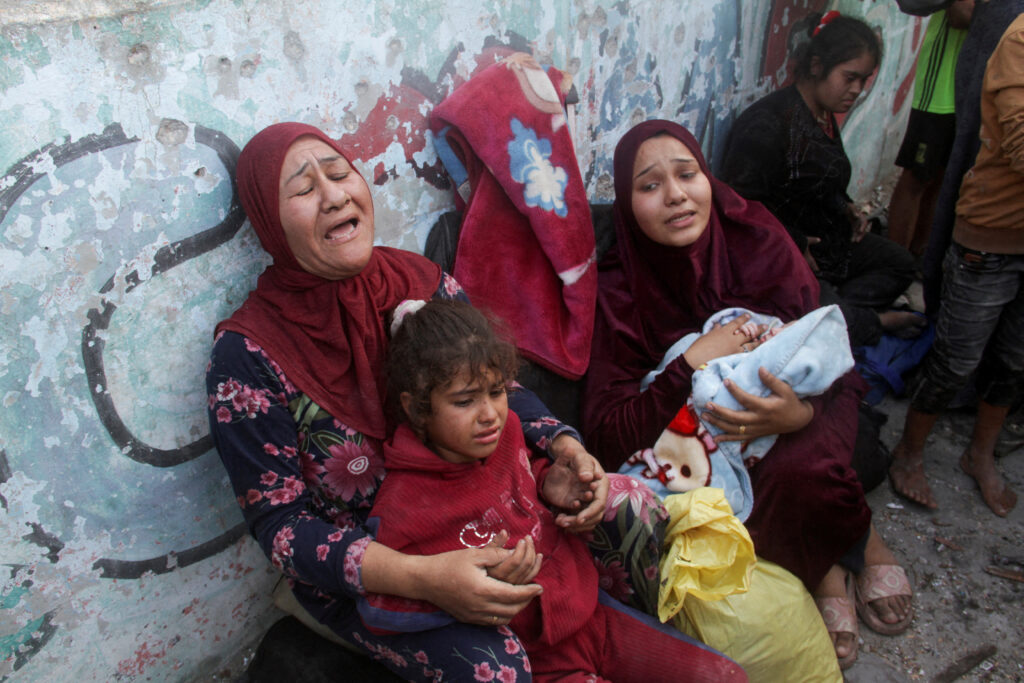
Look at how many women, children and the elderly who have nothing to do with the ongoing conflict between Israel and Gaza have been sacrificed. Turn to what’s happening in South Sudan too, for example, and the question must come up again as to why the rest of the world allows so many atrocities to continue.
I did a quick calculation sometime ago which found that if the 30 nations with the largest military setups were to slash their defence budgets by one per cent, and use that money to build, instead of destroy lives, hunger worldwide would not only be eradicated, but a platform would be laid to block the possibility for any reemergence.
How does that sound?

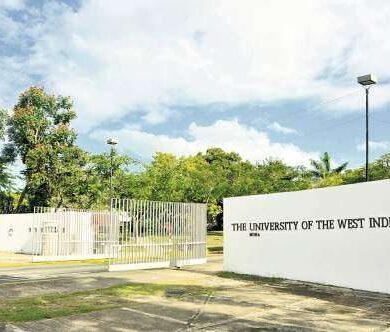

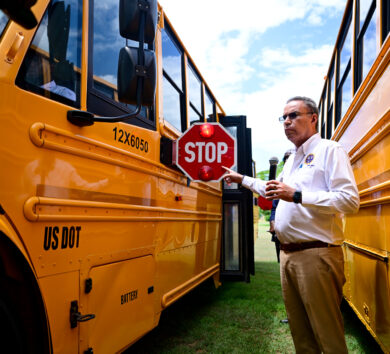
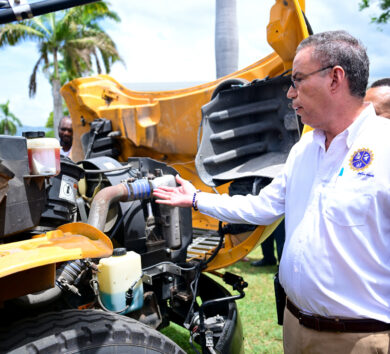
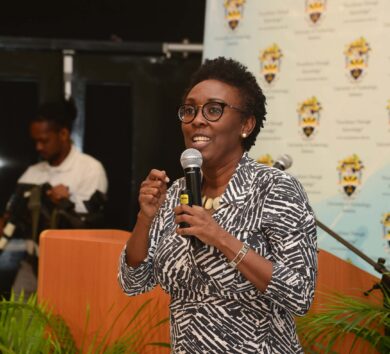
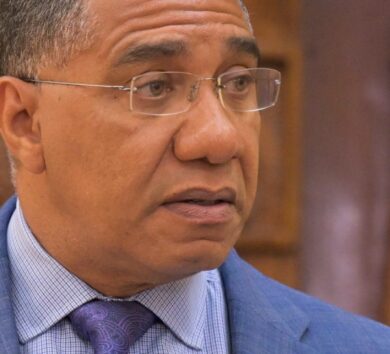
Comments